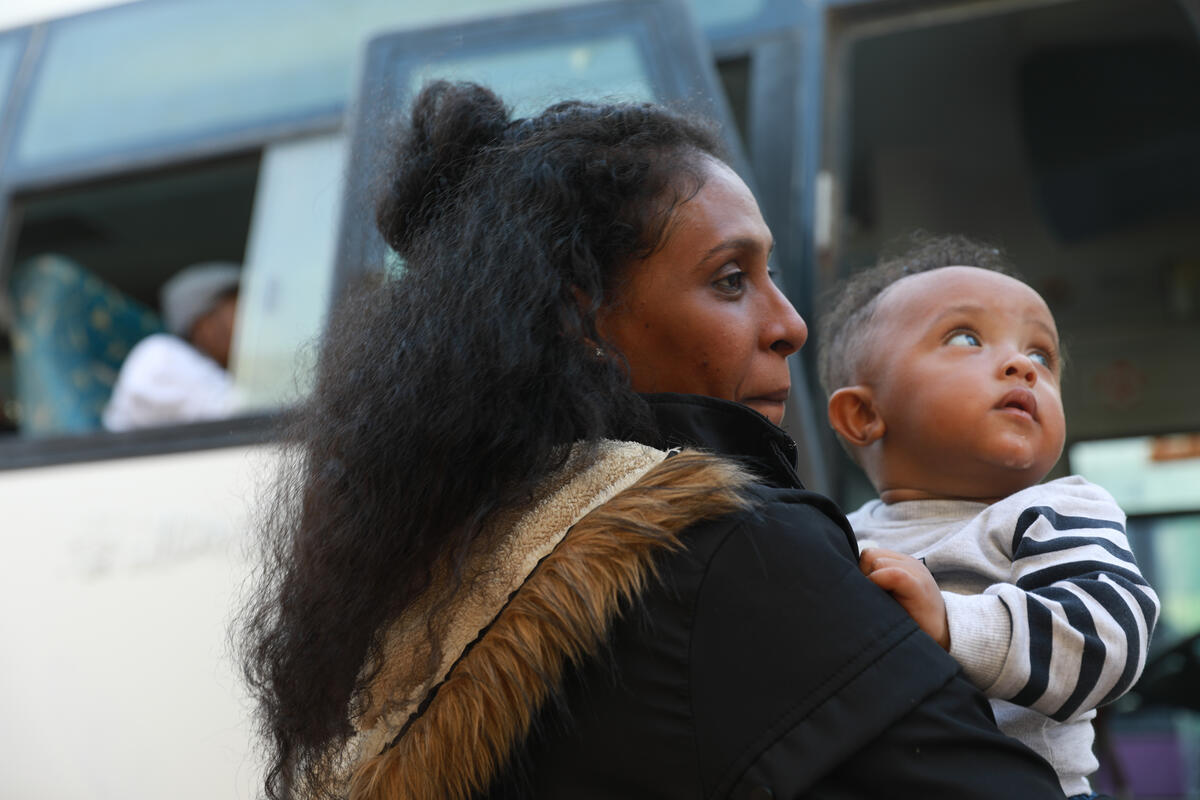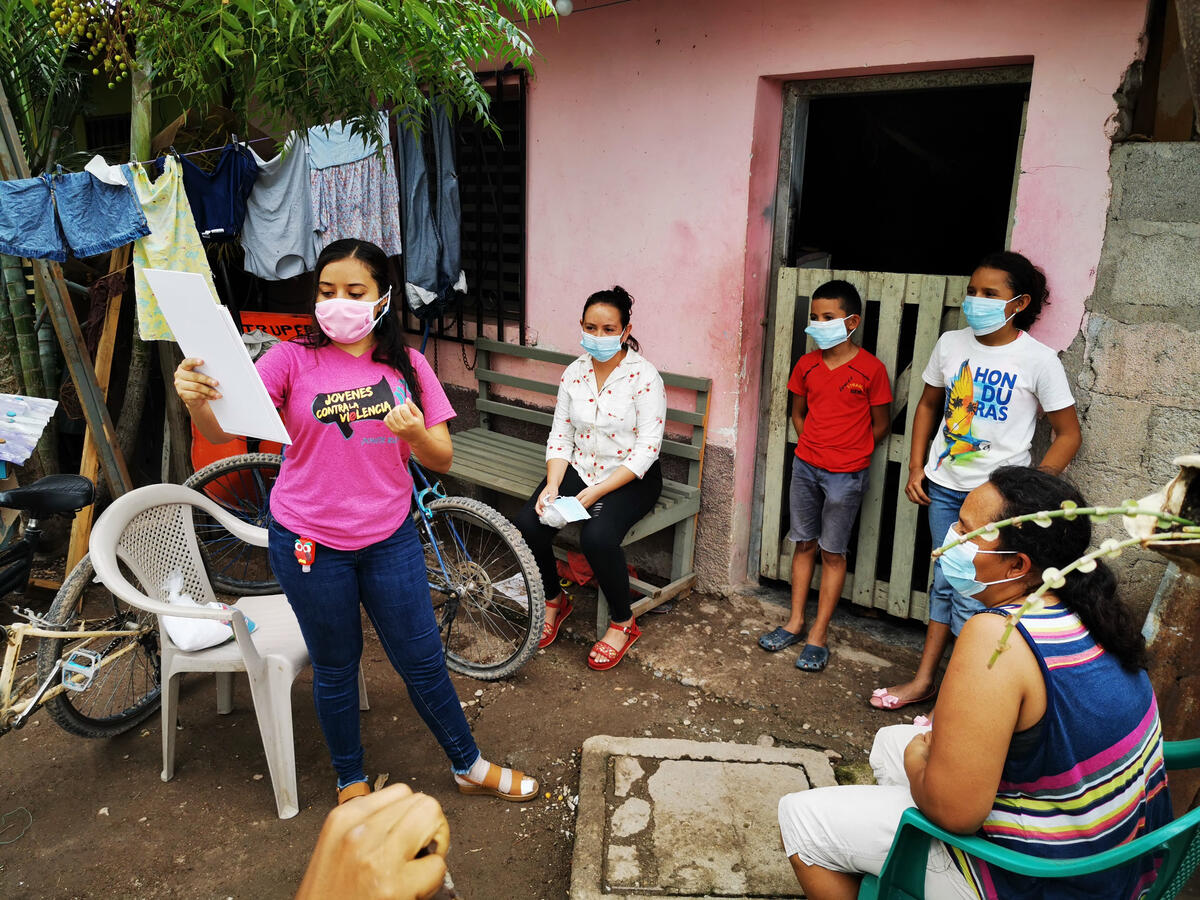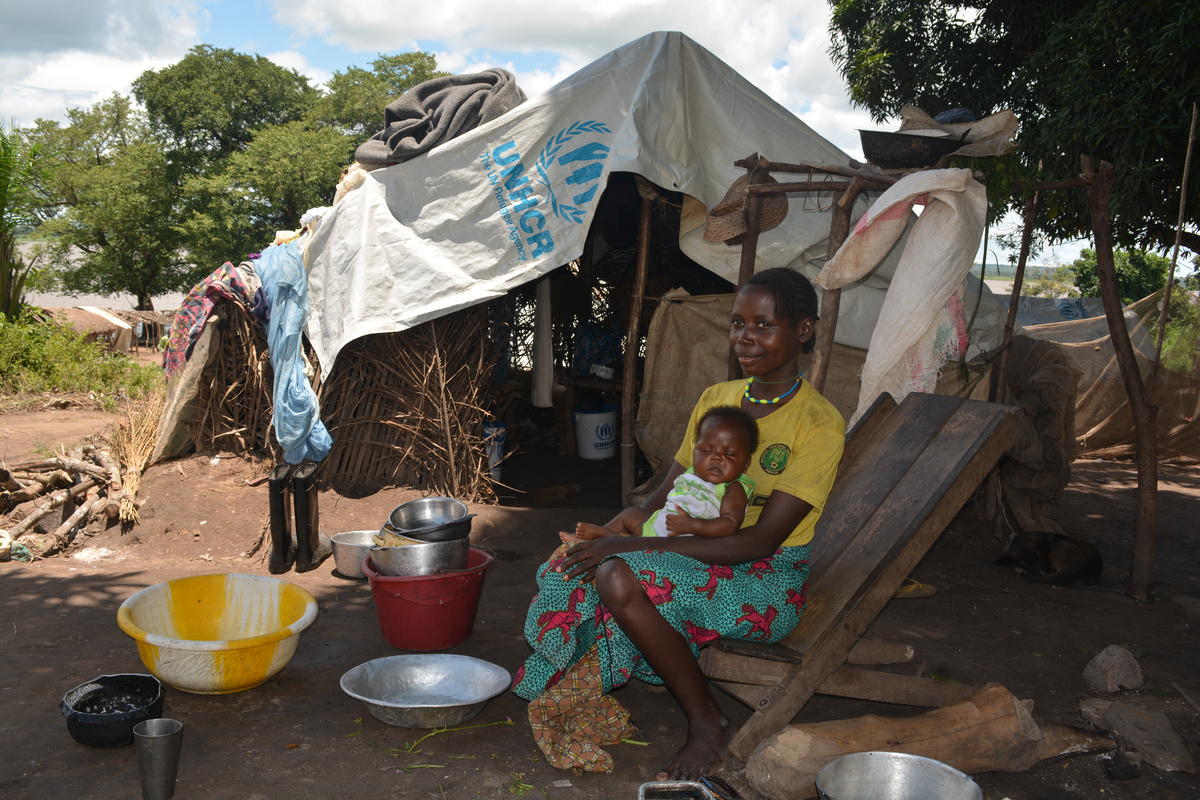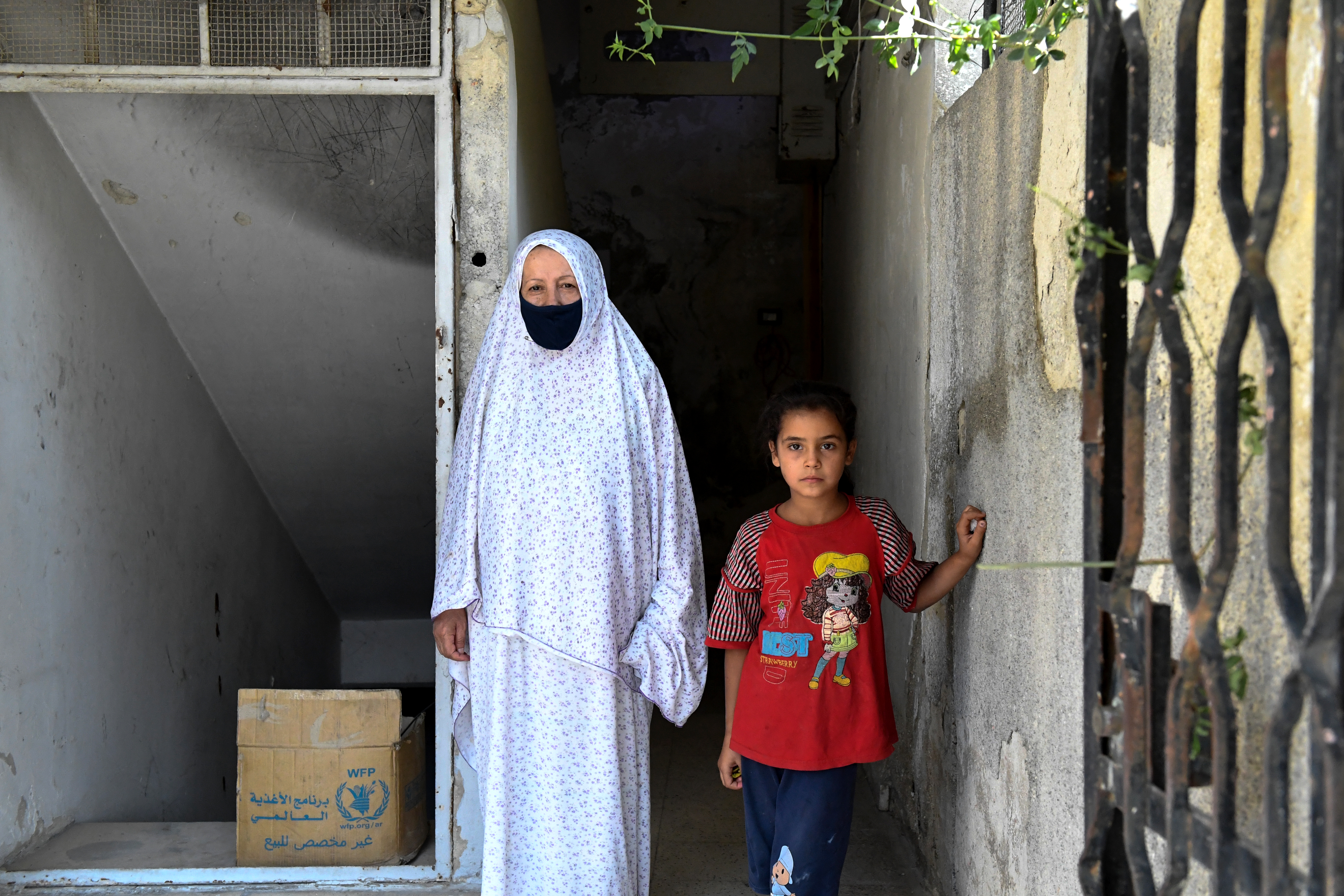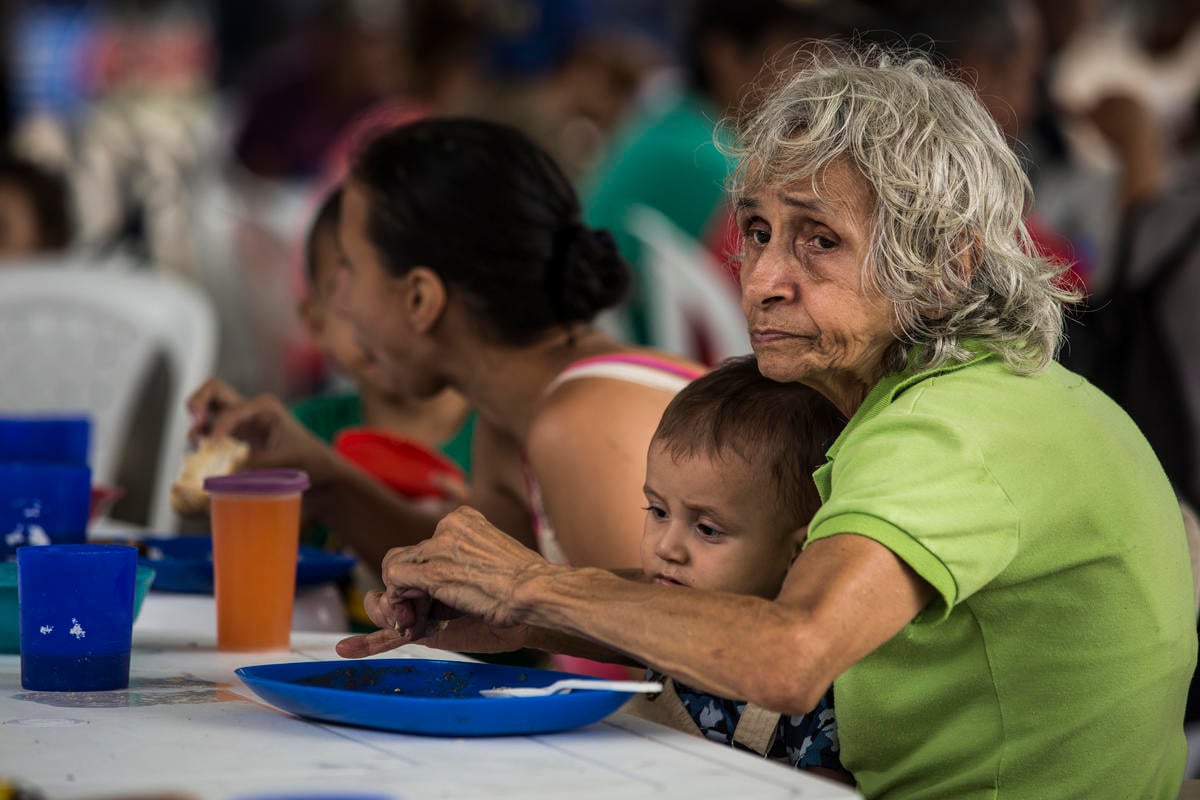DRC: UNHCR deplores murder of Italian NGO staffer; rebels reportedly pressuring IDPs to return
DRC: UNHCR deplores murder of Italian NGO staffer; rebels reportedly pressuring IDPs to return
UNHCR deplores the cold-blooded murder of a staff member of the Italian NGO, Voluntary Association for International Service (AVSI), in the troubled North Kivu province of the Democratic Republic of the Congo (DRC). Armed men ambushed the vehicle carrying AVSI staff yesterday afternoon, killing one and wounding another. The incident took place just outside Rutshuru, a town some 80 km north from Goma, the provincial capital of North Kivu.
AVSI started its humanitarian activities in the DRC in 2002 and, among its activities, currently is working with children in the new UNHCR-run camp Mugunga III, just west of Goma.
In Rutshuru, we are also worried about reports that Nkunda's rebels are pressuring internally displaced people (IDPs) currently seeking refuge in a makeshift site close to the base of the UN peace keeping mission (MONUC) to return to their villages.
Some 10,000 IDPs are sheltering around the MONUC base, fearing reprisals from armed groups.
UNHCR has received worrying reports that the rebels are stopping people trying to reach the site near the MONUC base. The rebel group has reportedly recruited youths to conduct night patrols and to prevent people from reaching the site.
Our team on mission to Rutshuru further reports that most displaced families tend to leave the makeshift site near MONUC and go to their villages during day, but return before nightfall. Many who spoke to UNHCR appealed to be relocated elsewhere as their situation had become more precarious. They also reported arbitrary detentions by the rebels.
Meanwhile near Goma, we continue voluntary transfers of IDPs from the precarious Kibati camps north of Goma to a new site at Mugunga III. So far, we have assisted more than 3,200 displaced persons to relocate to Mugunga III, and we continue to transfer about 600 daily.
According to our latest estimates - there are now more than 142,000 displaced people in the six UNHCR-run IDP camps in the immediate vicinity of Goma.
Fighting in North Kivu intensified at the end of 2006. By January 2008, it had brought the total number of IDPs in the North Kivu region to more than 846,000. Since the fighting resumed in August, some 250,000 civilians have fled, many of them already displaced.
DRC/SOUTH SUDAN: Further north, meanwhile, we are preparing for a possible new influx of refugees heading to Southern Sudan after reports of a joint military operation by Congolese, Ugandan and Southern Sudanese forces began Sunday to flush out the Lord's Resistance Army (LRA) from camps in the remote Garamba National Park in north-eastern DRC.
Civilians fleeing the fighting are reportedly crossing the border into Sudan, but we don't at this time have information on how many. A UNHCR team based in Yambio, in Southern Sudan's Western Equatoria State, cannot reach the border due to the security situation.
Thousands of Congolese refugees fled to Western Equatoria State starting in mid-September after ferocious attacks by the LRA in the Dungu area, in north-eastern DRC. Refugees reported at the time that many of their family members and friends had been abducted, killed and raped during the LRA attacks.
The September group of refugees, some 5,000 in all, was temporarily settled in nine sites around Yambio, including in Sakure, Gangura and Sangua. UNHCR and its partners have been providing them with assistance and tomorrow we are scheduled to start relocating many of them to a site further inland. A first group of some 700 refugees is scheduled to be relocated from Sakure tomorrow, followed by at least 3,000 more in coming days.
The relocation operation has faced numerous logistical problems due to the remoteness of the area and roads made impassable by recent heavy rains.
During the past two decades, nearly 2 million people in Uganda have been displaced by LRA-linked atrocities and military activities. The now shattered peace talks with the LRA had raised hopes that displacement would come to an end. Instead more people are again on the move.



